How safe are private jets? Yes, private jets are extremely safe and one of the most popular ways of air transport for the rich and famous. They are safe compared to commercial flight. Private jets are a luxury that not many people can afford.
But they are becoming more and more popular as an alternative to commercial flights, especially for long-distance travel. While this mode of travel may be more expensive than what you’re used to, it does provide certain benefits that cannot be matched by other modes of transportation.
For example, flying privately gives you complete privacy, which is something most people enjoy when traveling. In addition, private jets have several safety features that make them even safer than regular airlines in some cases!
Private jets are one of the best ways to get around quickly, as they are fast. You can also fly in these jets with family and friends without any restrictions, unlike commercial aircraft where passengers may be limited.
There is apprehension about flying in the air when you consider that the chance of your flight being involved in a plane crash is one in eleven million.We are bombarded with these statistics every day, but would it be better to fly on a private jet? This article has the answer.
How safe are private jets?
The number of people who die in private jet crashes is far lower than those who die in commercial airline crashes, driving accidents, or while riding a motorcycle or horse.
Private jet travel can be as safe as or safer than other modes of transportation. In fact, according to the National Transportation Safety Board (NTSB), there were only two fatal accidents involving private jets over a nine-year period between 2004 and 2012.
This equates to an average of 0.2 deaths per 100 million miles flown on private aircraft during that time frame—a far cry from the 785 fatalities among 809 million passengers on commercial flights in the United States over this same period of time (more than 10 times higher).
Other studies have found that private jet travel is safer than other modes of transportation. A study by the University of Michigan’s Transportation Research Institute found that driving a car is more likely to lead to injury or death than flying on a private plane.
It concluded that for every 100 million miles driven, there are 2.5 fatalities; for every 100 million miles flown, there is only one fatality.
Key takeaway points
- How safe are private jets compared to commercial airlines?
- The good news about accident rates
- The bad news about accident rates
- What types of accidents occur in private aircraft?
- Avoiding accidents due to pilot error
- Private jets are not immune from the weather.
- Jet propulsion systems and fuel safety
- maintenance of private jets for safety
- How does the FAA regulate private jets?
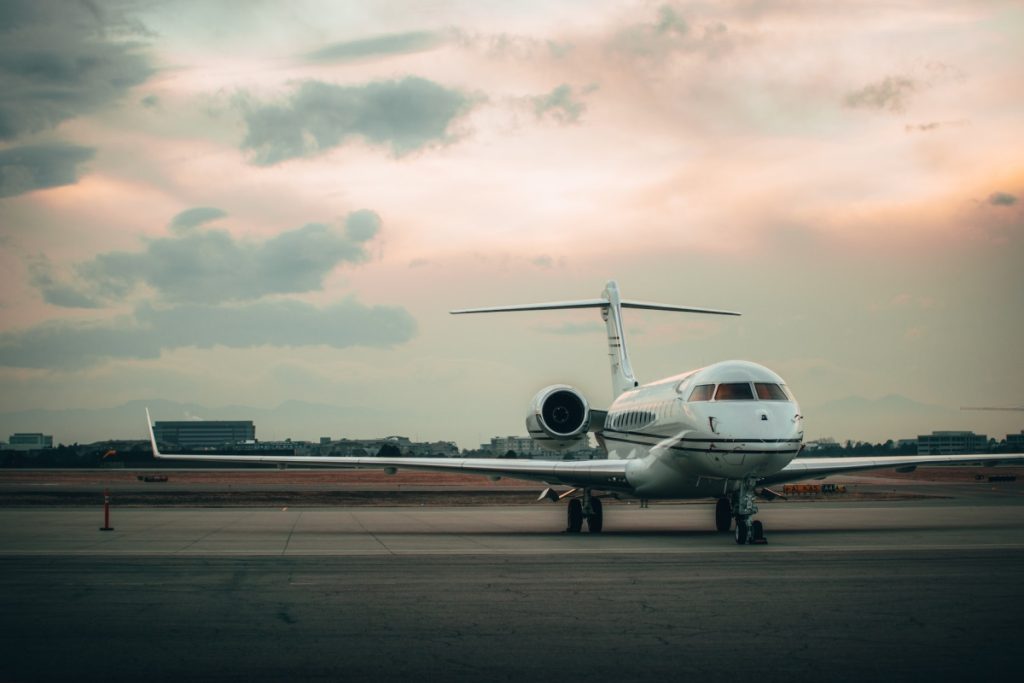
1. How safe are private jets vs. commercial airlines?
In the United States, there are over 5,000 private jets. Each year, they carry millions of passengers and tens of millions of pounds of cargo. But how safe are those private jets? Are they safer than commercial airlines?
What’s the difference between a private jet charter and a commercial flight? If you have ever wondered about these questions, you will be happy to know that we have all the answers here at Aircrfat Place!
We compared safety statistics for both types of travel and found that overall, private jets had fewer accidents per mile flown than commercial airlines.
We also discovered that their fatality rates were lower than those of commercial flights—and on top of that, they cost more money! This can mean only one thing: flying on a privately chartered aircraft is safer than flying commercially!
In this article, we will be comparing the safety records of private jets and commercial airlines. We will also discuss some of the differences between a charter flight and a scheduled flight, as well as some reasons why you should consider flying privately.
Top pick

Editor’s choice

Best value

Private Jets vs. Commercial Airlines: Safety Records Compared
Private jets are thought to be safer than commercial airlines because they fly less often, have fewer people on board, and travel shorter distances.
This means that there is less chance of a collision with another aircraft or obstacle—and even if one does occur, it will be smaller in scale due to the small number of people involved.
Some other factors that contribute to the safety of private jets include the following: 1) Private jets are used less frequently than commercial flights, which means that there is a lower chance of mechanical failure.
Most private jets have only one engine, compared to commercial airlines, which usually have four or more engines. The number of people on board is much lower on a charter flight compared to a scheduled flight.
Private jets are able to fly shorter distances than commercial airlines, which means that they avoid more traffic and have fewer chances of colliding. Private jets also have weather radar installed on board, which helps them avoid bad weather conditions such as fog.
Read more articles: Is Aviation A Good Career?
2. The good news about accident rates
You’ve probably heard that private jets are safe, but how safe are they really? Accident rates for private jets are lower than those of commercial airlines.
In fact, the National Transportation Safety Board (NTSB) reported that between 1993 and 2010, there were no fatal accidents involving a privately chartered aircraft in the United States—a record that compares favorably with the 24 fatal accidents per million flights on commercial airlines over the same period.
The safety record of private jets is also superior to automobiles. From 2007 through 2009, there were approximately 1.25 fatal motor vehicle accidents per 100 million miles driven.
During this same period, there was one fatal accident per 7.5 million flight hours among all pilots who flew fixed-wing aircraft in the United States (both commercial and non-commercial). Many people are surprised to learn that private jets are safer than commercial airlines.
However, the safety record of private jets is not as good as that of small aircraft in general; specifically, it’s much lower than the fatality rate for GA aircraft weighing less than 12,500 pounds.
The reason for this is simple: private jets are much more expensive than GA aircraft, so they generally have higher operating costs and better infrastructure to support them.
In other words, private jets tend to be used by people who can afford them (or who are being paid very well to fly), while smaller GA aircraft tend to be flown by pilots who aren’t compensated as highly or don’t have access to the same level of safety equipment.
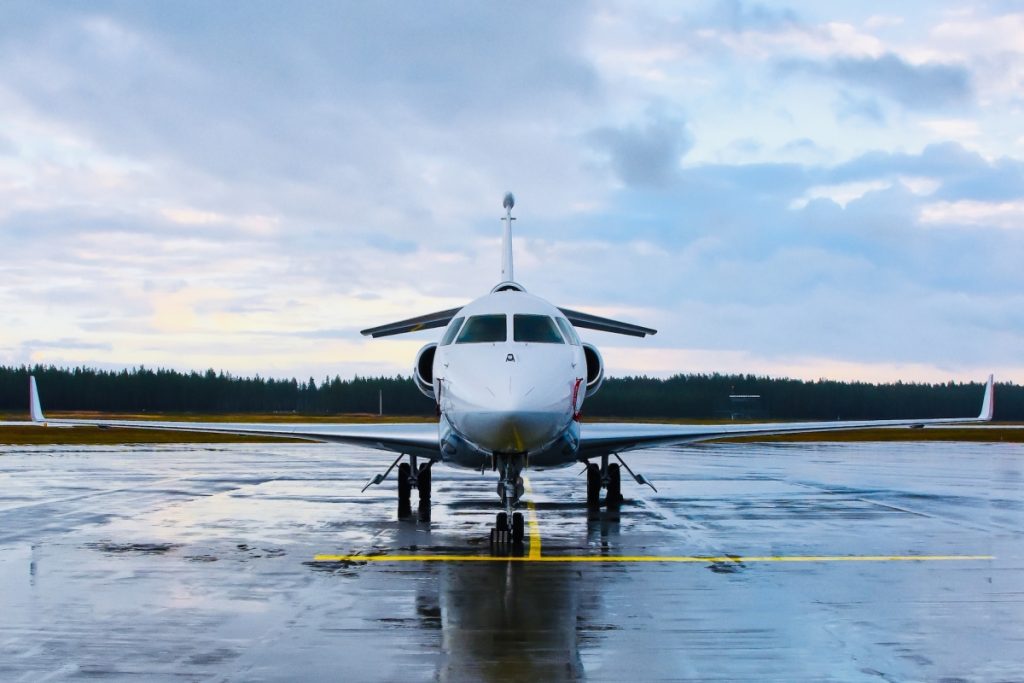
3. The bad news about accident rates
Now that you know more about safety procedures and regulations, let’s talk about the bad news: private jets are more likely to experience engine failure than commercial aircraft.
This is due to the fact that private jets are often older, with less rigorous maintenance requirements. Also, there’s another way in which a private jet can be less safe than a commercial plane.
Private planes are less likely to have redundant systems for loss of control or landing gear issues (like your car has two brake systems). If one fails on a commercial flight, it’s not such an issue, but if yours does? Well, then, now we’re talking!
And finally, and this is probably the most dangerous threat, fuel leaks are much more likely to cause fires or explosions on private jets than on other types of transportation, even on commercial planes.
So what can you do to ensure your safety? There are a number of things that can be done—and should be done—to help prevent accidents from occurring.
The first and most important thing is to make sure that the plane is properly maintained and inspected at regular intervals (you’ll want to check with your pilot for specifics).
You should also be sure to check for any potential safety issues, such as cracks in the fuselage or wings. If you notice anything wrong with your plane, be sure to get it repaired immediately—or even better yet, find another one!
4. What types of accidents have occurred in private aircraft?
The most common accidents are runway overruns, hard landings, and controlled flight into terrain (CFIT). Runway overruns occur when the pilot does not slow down enough before landing and goes past the end of a runway.
A hard landing occurs when an airplane lands too hard, causing damage to its fuselage. CFIT occurs when a pilot flies an aircraft into terrain or water without control of the plane, usually due to poor navigation or weather conditions that prevent the crew from seeing where they are going.
These types of accidents can be caused by pilot error, mechanical failure, weather, and bird strikes, but also by human error from things like misfueling or cargo loading issues that result in fuel leaks getting on electrical components and causing short circuits, which lead to fire hazards onboard.
the aircraft. Runway overruns are the most common type of accident and occur when a pilot is unable to stop their airplane before reaching the end of a runway.
Runway overruns can be caused by mechanical failure, poor weather conditions, or human error. A hard landing occurs when an airplane lands too hard, causing damage to its fuselage. Hard landings are often caused by pilot error or poor weather conditions.
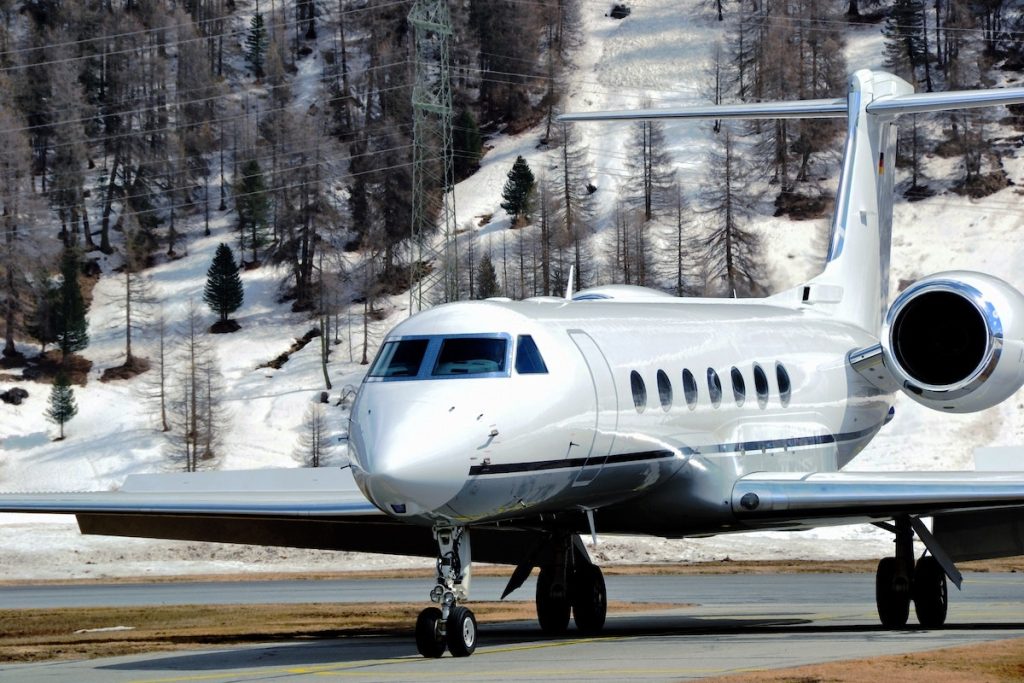
5. Avoiding accidents due to pilot error
A private jet is one of the safest modes of transport, but accidents can happen due to human error. The single most common cause of most aviation accidents is pilot error.
Therefore, it’s important that pilots are well trained, experienced, and well rested before flying their aircraft. Pilots should follow flight procedures carefully and be aware of weather conditions that could affect their flight.
It’s also essential for passengers to familiarize themselves with basic safety instructions in case they need to evacuate the plane during an emergency situation on board a private aircraft.
The most important thing to remember when you’re flying is that safety is the number one priority. Flight attendants and pilots are trained to deal with all sorts of situations, so if they tell you something, it’s because they want to keep you safe.
If you’re flying on a private jet, it’s important to remember that you are still responsible for your own safety. You should familiarize yourself with emergency procedures and make sure that there is a first aid kit on board.
You should also make sure that there is an adequate supply of oxygen on board. The most important thing to remember when you’re flying is that safety is the number one priority.
Flight attendants and pilots are trained to deal with all sorts of situations, so if they tell you something, it’s because they want to keep you safe.
Top pick

Editor’s choice

Best value

Read more articles: Aviation Psychologist
6. Private jets are not immune from the weather
Weather is always a concern when flying. The same weather that can delay or cancel commercial flights also has an effect on private jets. since private jets are smaller.
They don’t have the same amount of room for passengers as commercial airlines do, and when you’re stuck in a small cabin for several hours waiting out a storm or being delayed by one, it can be frustrating for everyone involved.
If you’re planning to take a chartered flight during inclement weather, make sure to ask your charter company if they have any policies in place regarding cancellations due to bad weather.
Some will allow passengers 24 hours’ notice before departure time without penalty, while others have stricter requirements regarding cancellation fees and refunds;
Read your contract carefully so that you understand what will happen if you must cancel at the last minute due to bad weather conditions or other safety concerns on your part (or theirs).
You should also make sure that the charter company has a contingency plan in place for bad weather. If they don’t have one, it could be a sign that they aren’t prepared to deal with any complications that may arise during your flight.
The best way to find out if your charter company is prepared for bad weather is to ask them. If they don’t have a contingency plan, that may not be the best choice for you; in fact, it could be downright dangerous.
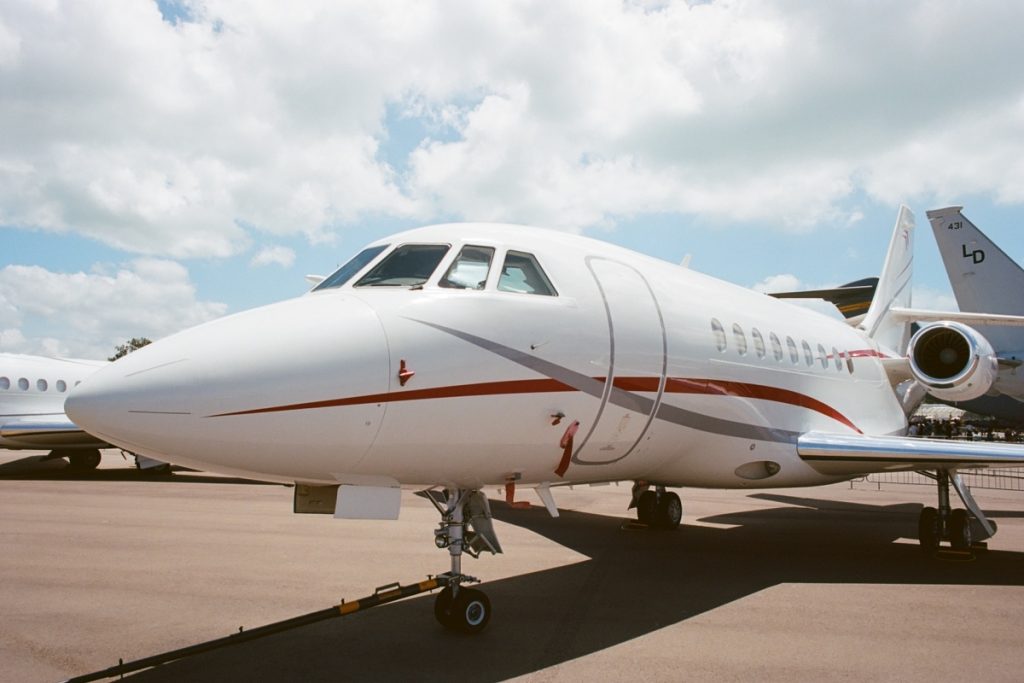
7. Jet propulsion systems and fuel safety
When you’re in the air, you need to trust that the jet propulsion systems are working properly. The engine and its fuel system are both complicated parts that need to be checked and fixed regularly.
Fuel safety is also important for passengers. It’s important for pilots to know where their fuel is stored on the plane and what safety measures have been taken to prevent fires during flight.
In addition to being aware of how jets function, it’s also important for passengers to understand how they can help pilots maintain a safe environment during flights.
For example, if someone sees an issue with one of the planes’ engines or other major components (such as landing gear), they should raise their hand so that someone can address it right away—not taking action when something goes wrong could lead to catastrophic consequences later on!
There are many different ways that you can help to keep the skies safe. One of them is learning about how jets work and what happens when something goes wrong.
If you know how planes work, you’ll be better able to help your pilot if something goes wrong during the flight.
In addition to understanding how jets work, it’s also important for passengers to know what kind of safety precautions have been taken to prevent fires from occurring during flight.
For example, if someone sees an issue with one of the planes’ engines or other major components (such as landing gear), they should raise their hand so that someone can address it right away—not taking action when something goes wrong could lead to catastrophic consequences later on!
Top pick

Editor’s choice
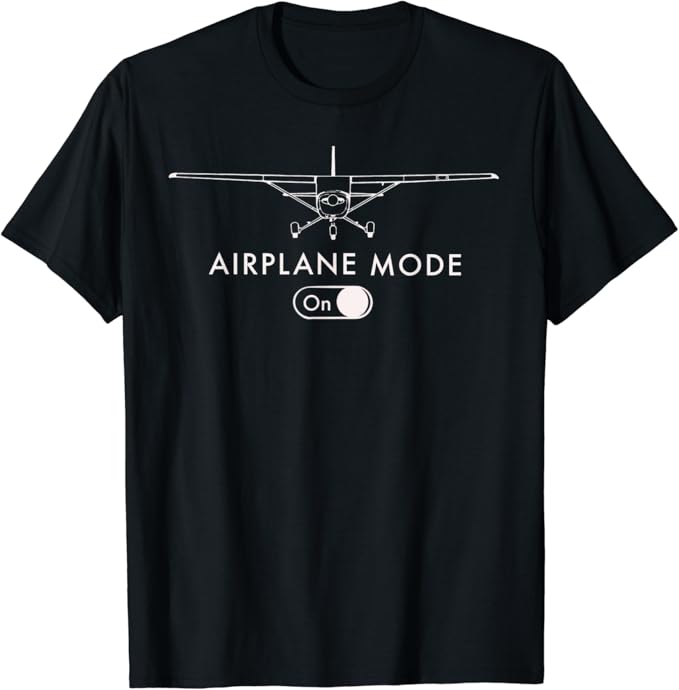
Best value

8. Maintenance of private jets for safety
Private jet maintenance is critical for safety and dependability.It’s important that the maintenance of your aircraft be done by a certified, licensed mechanic who has experience with the type of aircraft you are flying.
The reason for this is that private jets are complex machines with many different components that all need to work together as one unit. If any one of those components breaks or fails during flight, it could cause serious problems for everyone on board, including you!
This is why it’s important to choose a reputable company that has experience in private jet maintenance. If you want to make sure your aircraft is safe and reliable, then check out our services today!
Private jet maintenance is the most important part of owning a private jet. If you don’t have a professional mechanic to look after your aircraft, then there is a chance that something could go wrong during flight.
This could lead to serious injuries or even death. That’s why it’s critical that you choose someone with experience working on private jets as part of their job description.
If you’re looking for a company that can provide you with quality private jet maintenance services, then look no further than our company.
We are one of the most highly regarded companies in this field and have worked on some of the most popular aircraft in the world.
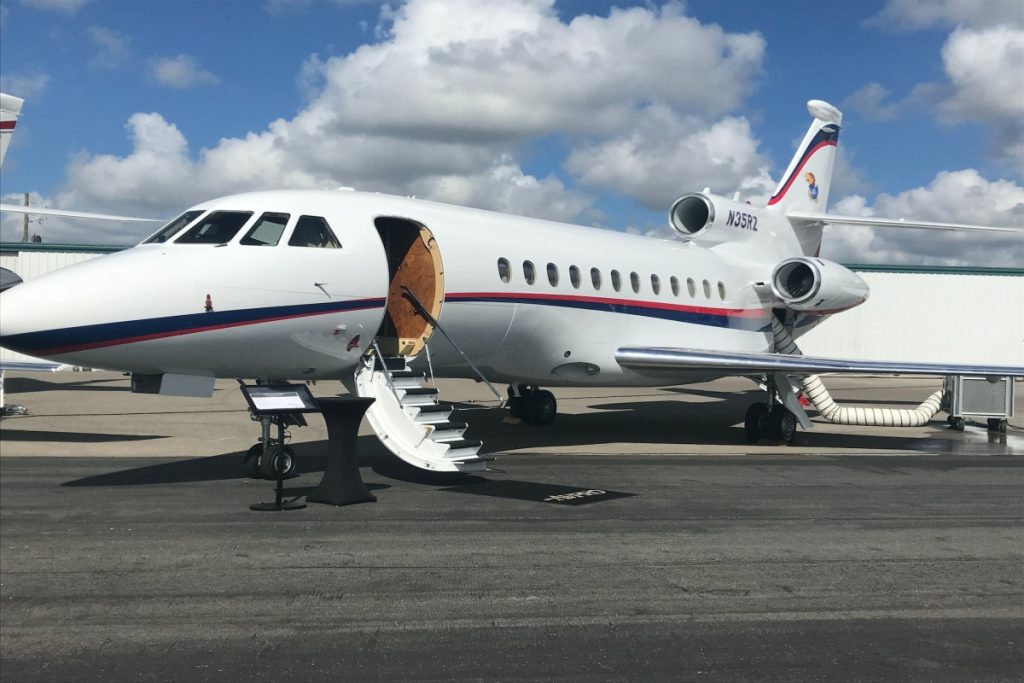
9. How does the FAA regulate private jets?
The FAA is the agency that regulates all aircraft, including private jets. The FAA’s role is to protect the public by ensuring safe operations. The FAA has a safety oversight program for general aviation that includes:
- A certification program for pilots, aircraft, and parts manufacturers
- A maintenance surveillance program for aircraft owners and operators
- An airworthiness directive program (AWD), which includes various directives such as engine and propeller replacement requirements,
The FAA also has a program to monitor the safety of aircraft. This includes surveillance programs for general aviation operators as well as for Part 135 and Part 91K operators.
The FAA has established a safety management system (SMS) that is designed to provide enhanced oversight of general aviation operations. The program relies on five core elements:
1. Planning and Initiation 2. Organizational commitment, culture, and leadership 3. Competency, Training, and Qualification 4. Safety Management Process (SMP) 5. Performance Monitoring, Analysis, and Reporting
FAQ
1. Are private jets more likely to crash?
Per mile flown, a private aircraft has a somewhat higher accident probability than an airliner. However, they still have a far better safety record than any other company.
2. How safe is flying a private plane?
Private aircraft are among the safest in the air because to strict safety regulations and regular maintenance, particularly if you charter one from an established company.
3. Are private jets safer than cars?
The safest mode of transportation is without a doubt flying. That is a truth that has long been true. Flying aboard a commercial airplane is safer than traveling by rail, bus, or vehicle because of its industry-leading safety standards, which require independent commissions to investigate every occurrence, no matter how minor.
4. How common are private plane crashes?
According to the National Transportation Safety Board’s most recent figures, there were 1.049 accidents for every 100,000 flying hours. A total of 1,085 private aircraft accidents (general aviation) occurred, and 205 of them were deadly.
Sum-up
In short, private jets are safe. Yet it’s important to remember that nothing is 100% safe, and accidents do happen. However, when they do occur, they are usually due to human error or outside forces such as weather, rather than some inherent flaw in the design of these aircraft.
Private jet operators must adhere to FAA regulations, which include hiring qualified pilots and performing regular maintenance checks on their planes so that they remain in good working order at all times. This helps keep you safe while flying privately!
Read more articles: Do Babies Need Ear Muffs for Flying?
Other related articles
- Embraer Legacy 500 | Long Range Flyer
- Private Jet Maintenance | How Often Is Maintenance Required?
- Can You Smoke On A Private Jet? | Unveiling the Luxury
- How To Own A Private jet | The Guide to Safe Luxury Travel
- Private Jet Lifespan | Essential Maintenance and Upkeep Tips
- Private Jet Partial Ownership | The Next Big Thing in Travel
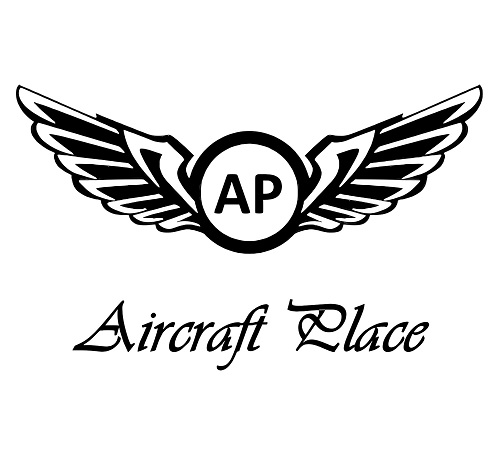
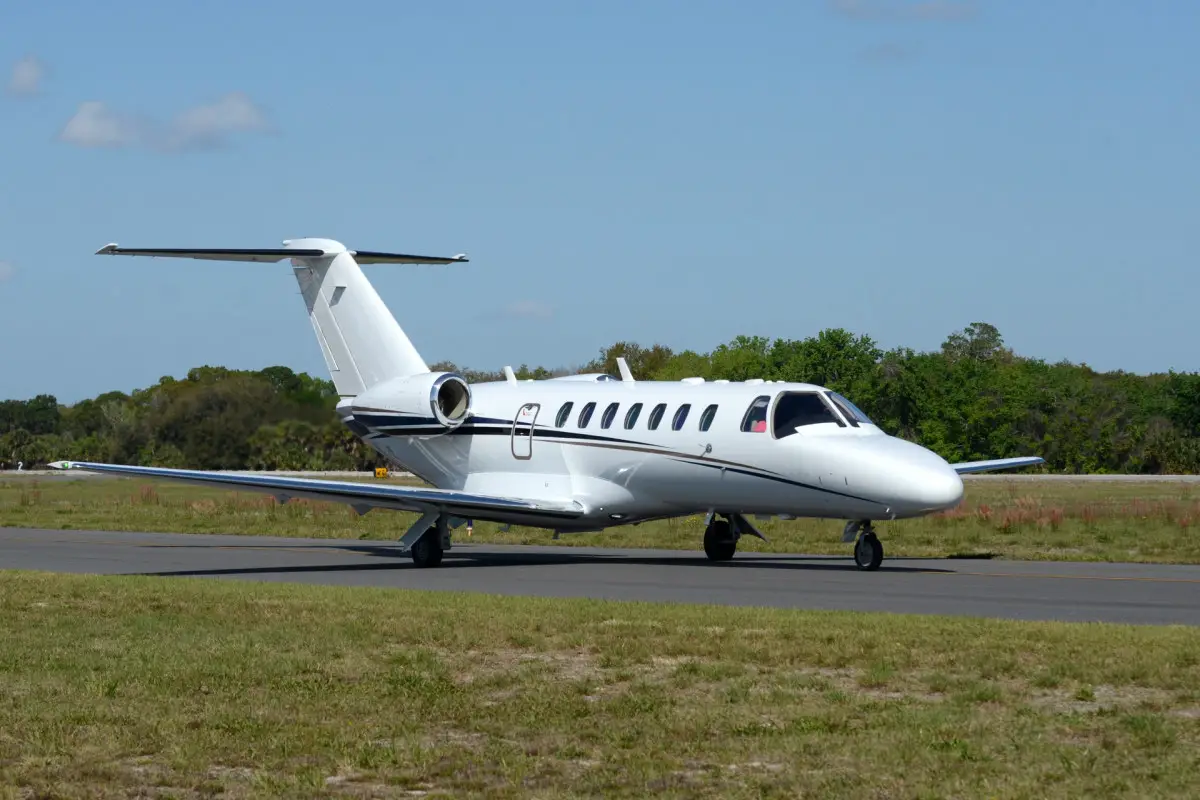

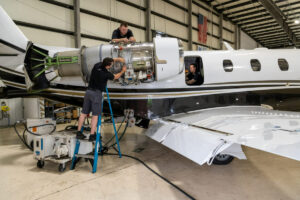

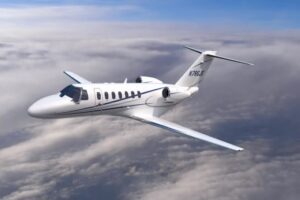
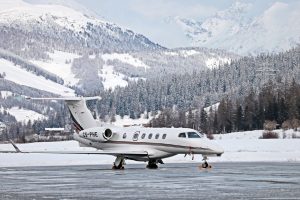
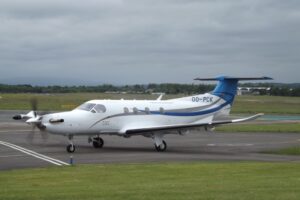

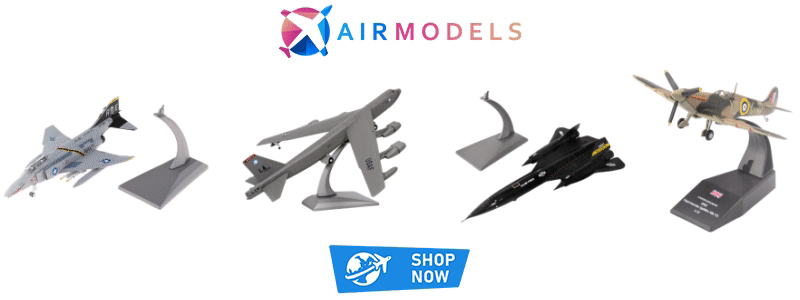

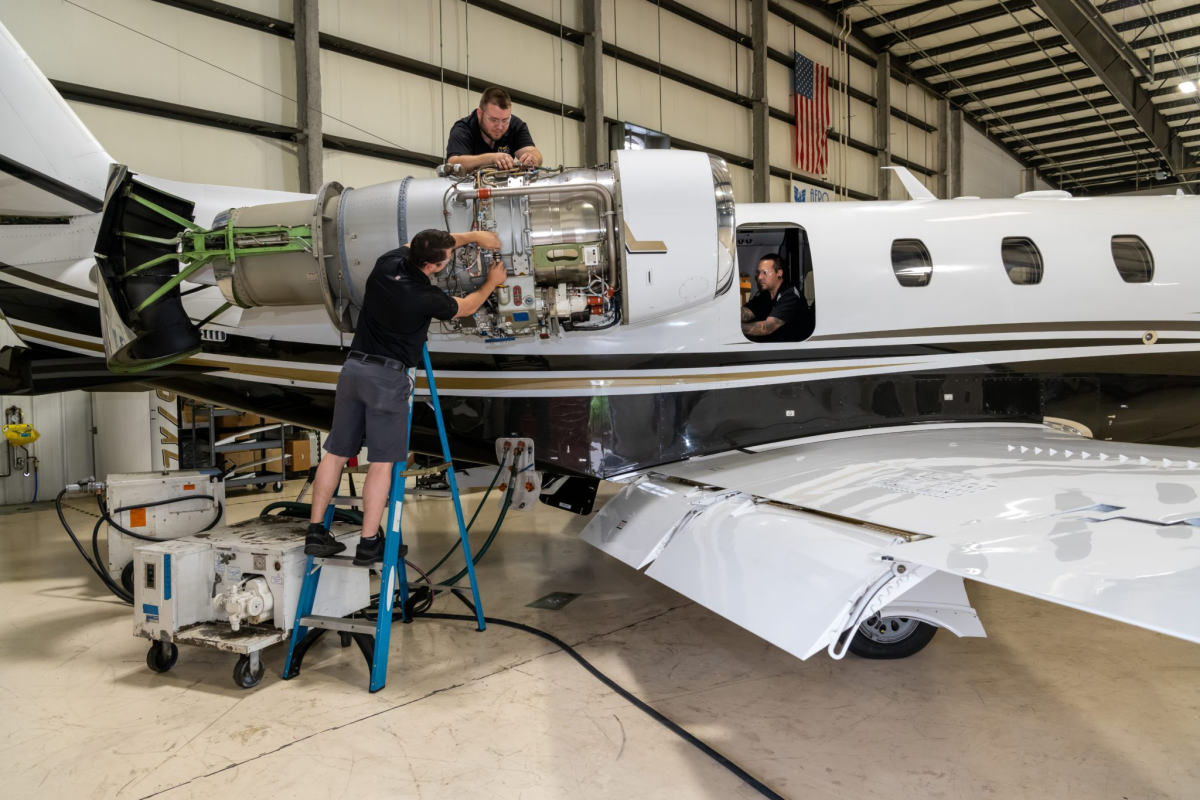
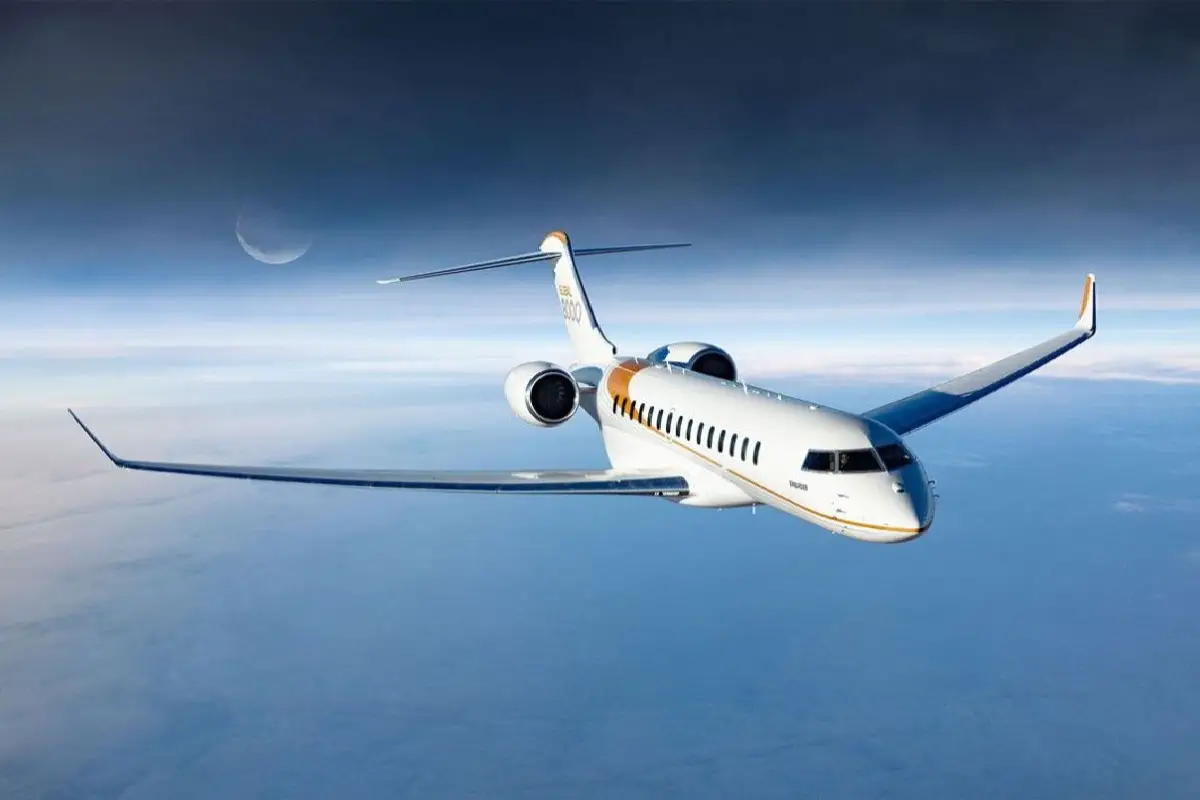
Leave a Reply